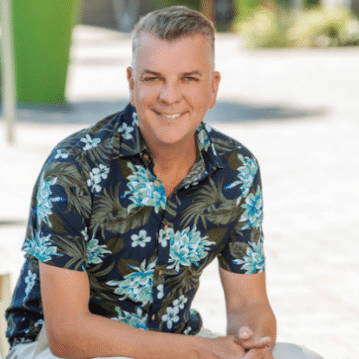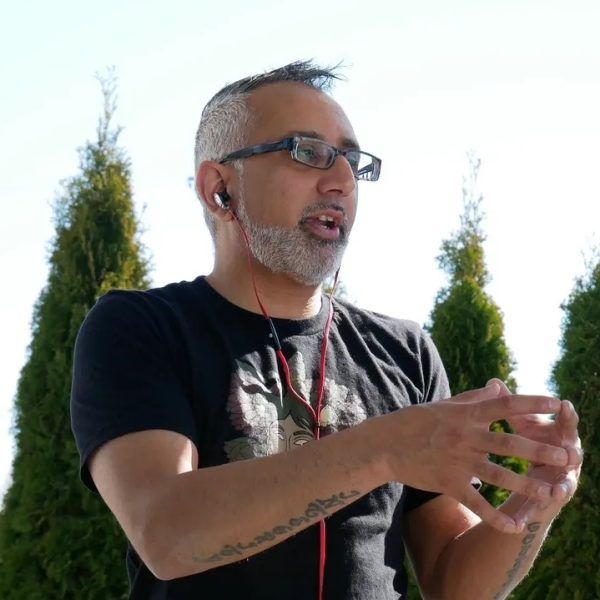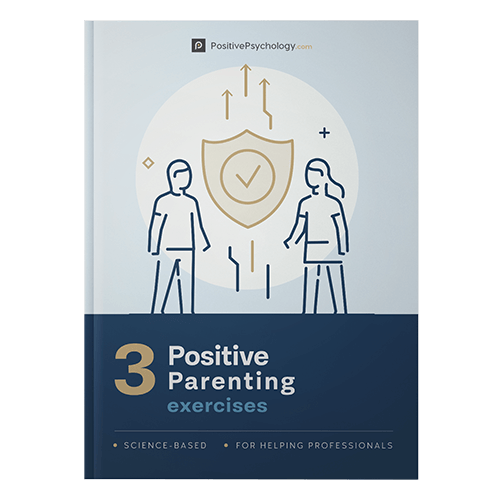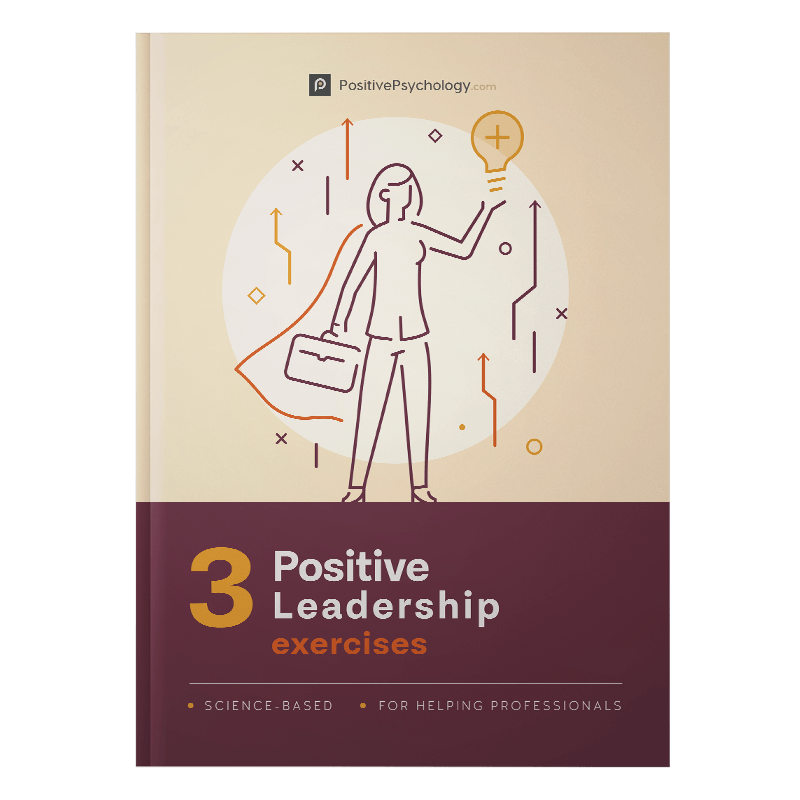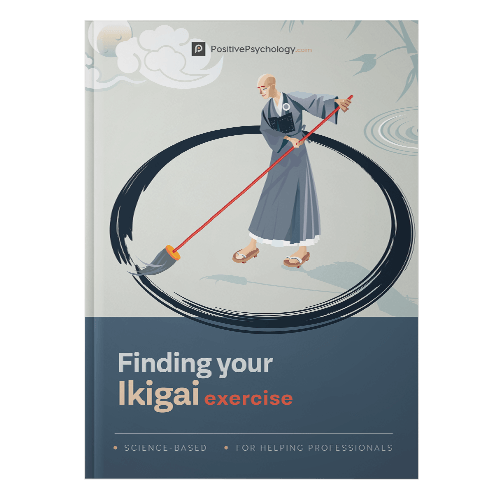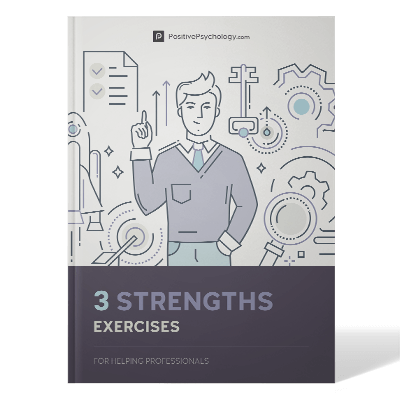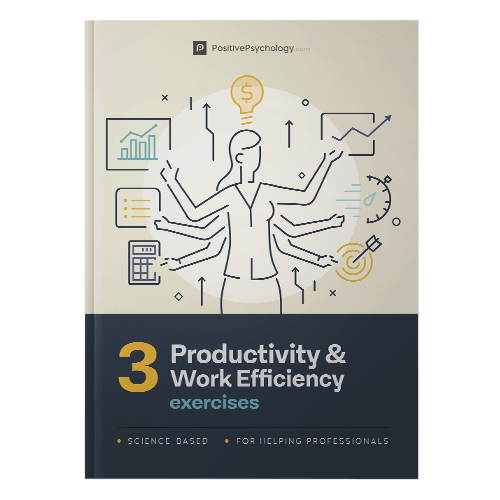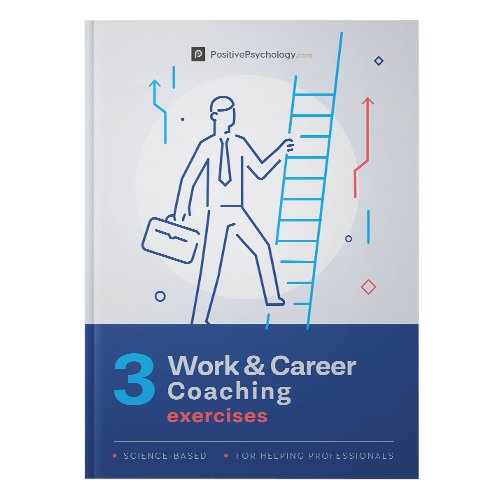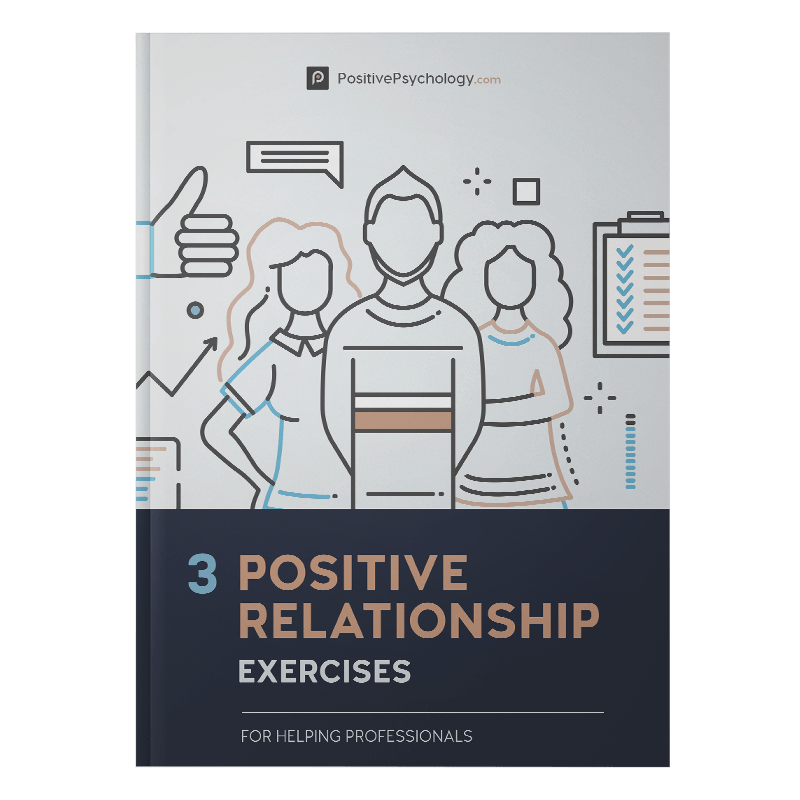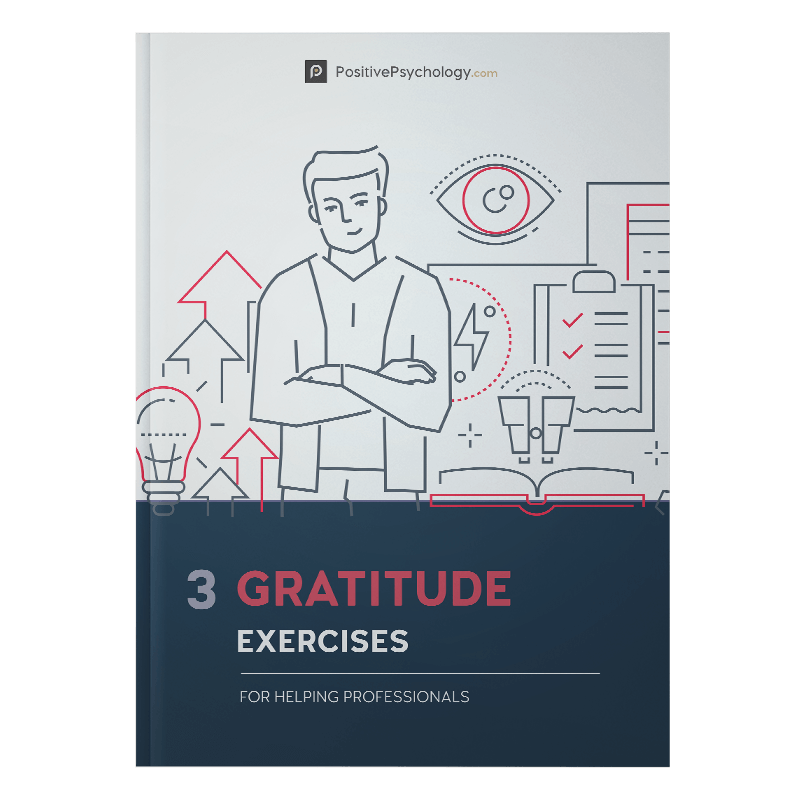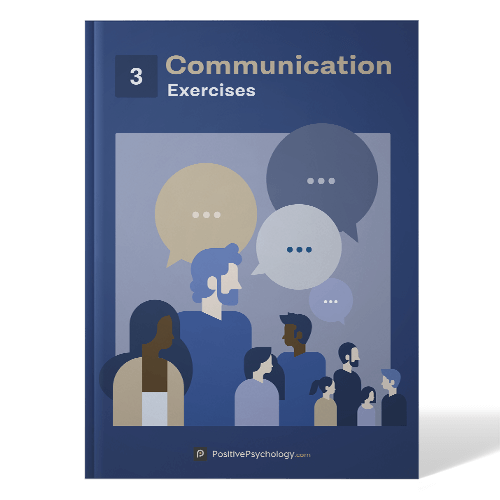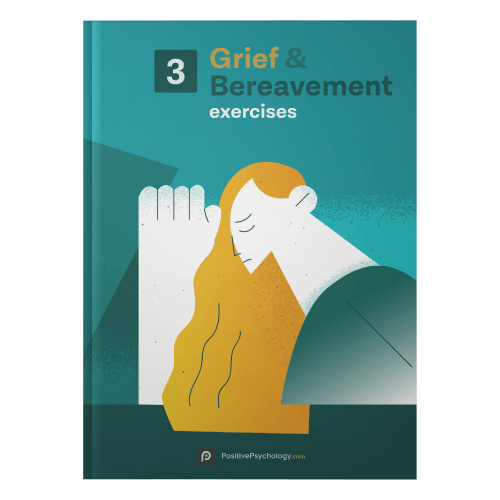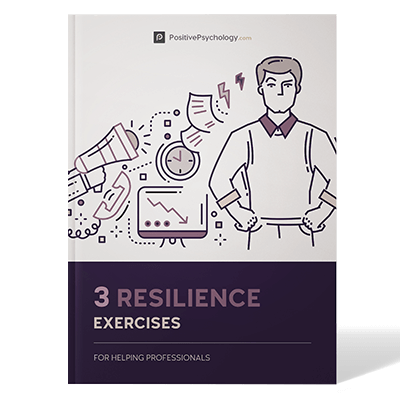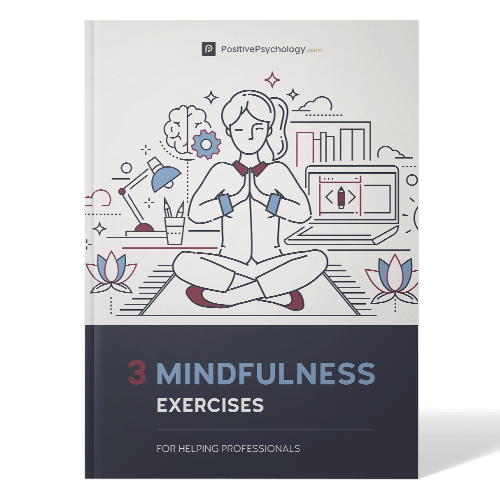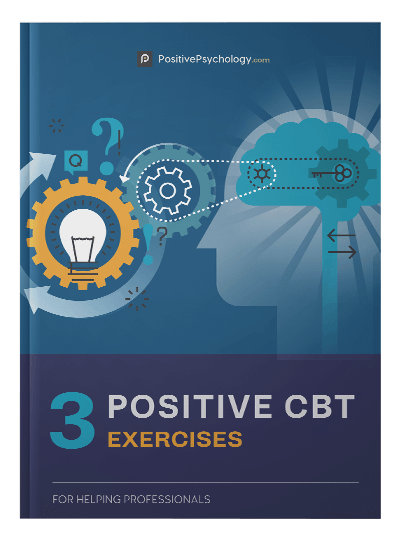Finding Purposeful Pathways for Different Clients
As a life coach, Allison empowers her clients to overcome a diverse array of obstacles and achieve a broad spectrum of goals. Like many of her fellow coaches, however, her practice has come with its own fair share of challenges.
Expanding her knowledge and toolkit to meet diverse client needs has involved lots of trial-and-error searching.
In particular, Allison sometimes struggled to translate her insights and experience as a mentoring coach into practice. She needed “tools that are not just my thoughts or opinions, but backed by research.”
It’s a bottleneck faced by many new and experienced coaches alike.
Initially, Allison also had a hard time building strong, trusting relationships with her clients. She knew trust was critical to finding and retaining clients but was frustrated at how long the trust-building process often takes.
“I think with life coaching in any area, there’s a really huge level of trust that the other person wants and needs. […] Learning how to build that trust, stay with them, and even if they don’t hire you right away, send them information and keep them [has been] a long game.”
Like many new coaches before her, Allison also soon learned that there’s no single “right” way to coach. To tailor her approach to her clients’ differing needs and contexts, she needed to become more efficient and effective at supporting their diverse learning styles:
“There are clients who like a little extra homework.”
To overcome her challenges as a coach and better serve her clients, she began looking for ways to:
- Build trust with new and existing clients
- Customize her coaching solutions
- Constantly increase her professional impact
Something for Every Client
During her search, Allison realized positive psychology is a field with many different goals. “It covers so many areas” she recalls, including “whatever a client may be going through.”
For example, she began using self-reflection tools to help her relationship coaching clients develop self-acceptance and self-forgiveness: “There’s a lot of blame, and [it’s helpful to have] resources that have people reflect. […] The more they stay in blame mode, the more angry they are, and [they are] not able to move forward with acceptance and forgiveness. That’s one of the areas where PositivePsychology.com has a lot of lovely things.”
She even discovered a way to help clients who didn’t yet have a coaching goal, applying tools to help them find their purpose: “Clients don’t always know what their purpose is, and they may want to change what they’re doing but are unclear [how to do that].”
Whether Allison was helping clients build self-confidence, understand their attachment style, or reframe their challenges, she quickly found that she was also learning all the time.
She even started carving out time for self-development, expanding her knowledge as well as her practice through free PositivePsychology.com resources: “Every time I get an email, I block out time to go through whatever new is coming and read through the blog articles and exercises. It is part of my practice.”
Further along her path of self-development, Allison has undergone “a complete thought shift. It went from feeling like I [was] failing at this to [recognizing that] I’m serving. […] Because that is what a coach does. I’m not failing; I’m serving.”
She believes using research-based resources from the Positive Psychology Toolkit© has helped considerably with that: “It’s not just opinion-based. And I think that makes things much more trustworthy. There are always references, and it’s continually updated.”
By completing the homework Allison assigns them, her clients are also transforming. They’re more engaged with their coaching trajectory and making much more significant progress between their sessions: “They grow and move forward, which is what coaching is about, at a quicker pace.”
One of her most important messages is to her fellow practitioners: There’s always room to grow professionally in the field of positive psychology:


